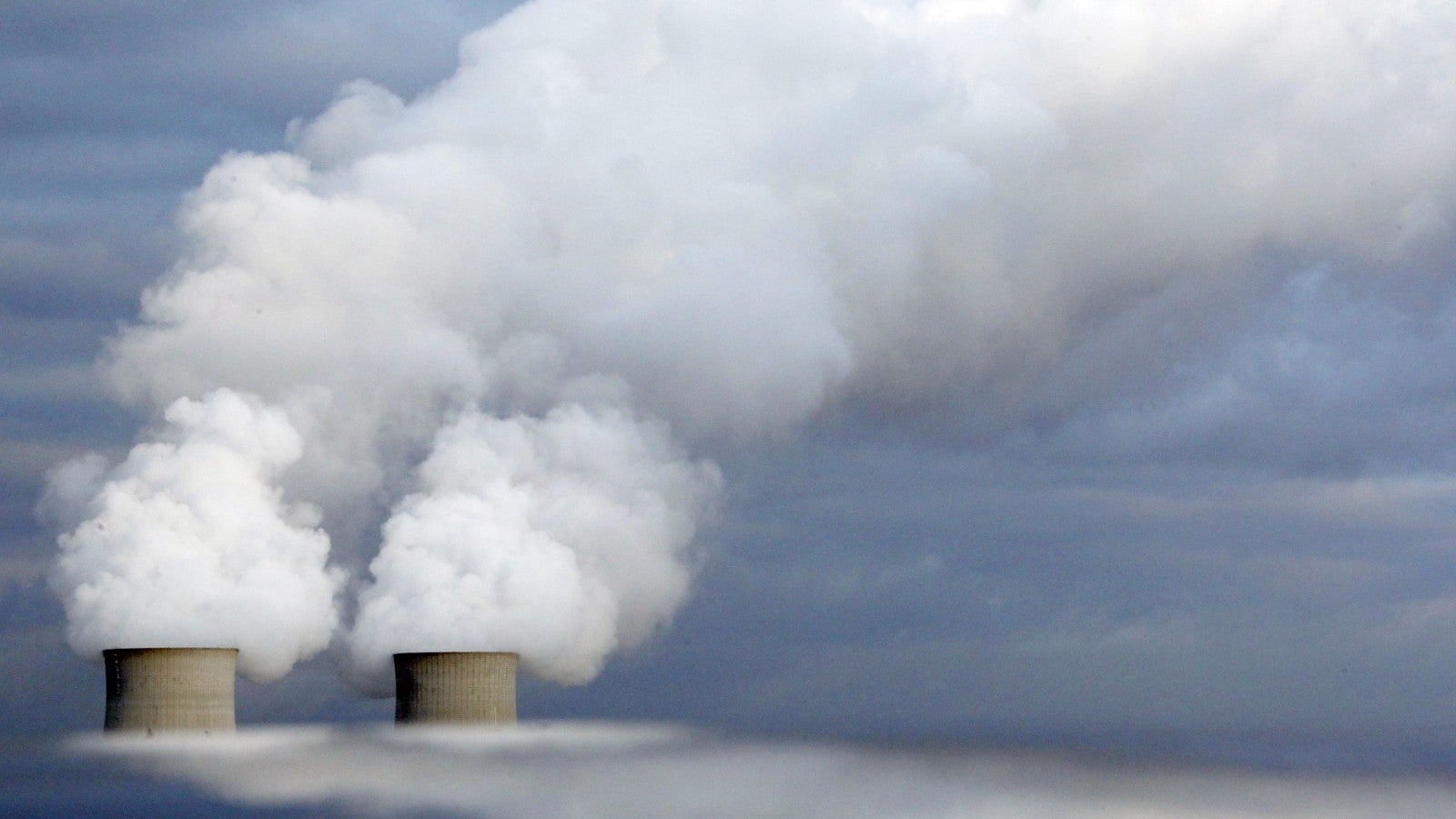Europe plans to bury its nuclear waste—but doesn’t know where, and needs €120 billion to do it
Nuclear power has been controversial in Europe for decades, and there’s little consensus in the bloc as to which way to go with it. But one thing’s for sure: Someone will have to foot a really big bill, whether it’s to build new plants or to decommission old ones.


Nuclear power has been controversial in Europe for decades, and there’s little consensus in the bloc as to which way to go with it. But one thing’s for sure: Someone will have to foot a really big bill, whether it’s to build new plants or to decommission old ones.
France has wholeheartedly embraced nuclear power; 74% of the country’s electricity comes from nuclear reactors. Just across the border, Germans distrust the same technology with equal passion. After the 2011 nuclear disaster at Japan’s Fukushima plant, the German government bowed to public opinion and agreed to close all of its nuclear power stations, pouring money instead into renewables. In the UK, a long-running discussion about the next phase of nuclear build—Hinkley Point C, which could become the most expensive building ever built, anywhere—has rumbled on for years.
Now, a report (pdf) from the European Commission has tried to pull together the whole bloc’s data and make a set of important estimates: How much is it going to cost to keep building plants at the rate Europe is planning them? What’s the price tag for taking old plants off line? And what will it take to dispose of the radioactive waste the plants generate?
The results are somewhat eye-watering. New construction could cost as much as €455 billion ($517 billion) out to 2050, the report finds. On top of that, the cost of decommissioning aging plants comes in at €123.3 billion. Getting rid of the waste looks set to cost €129.6 billion. It also presents a challenge arguably bigger than cost: No one knows what to do with it.
Nuclear waste ranges in radioactivity levels. The high-level stuff has a longer half-life, taking more than 30 years to degrade. The report’s authors note: “Disposal in deep, stable geological formations is the generally recognized option for the disposal of high level waste.” In other words, it gets buried. But there is only one such burial facility in the world, and it’s in the US, in New Mexico. Europe has yet to complete one, though Finland, Sweden, and France are making headway on that.
Another calculation might worry policymakers, and that’s how much of the necessary clean-up costs Europe has already allocated. Overall, the report found just 52% of the cost has been covered in budgets so far.